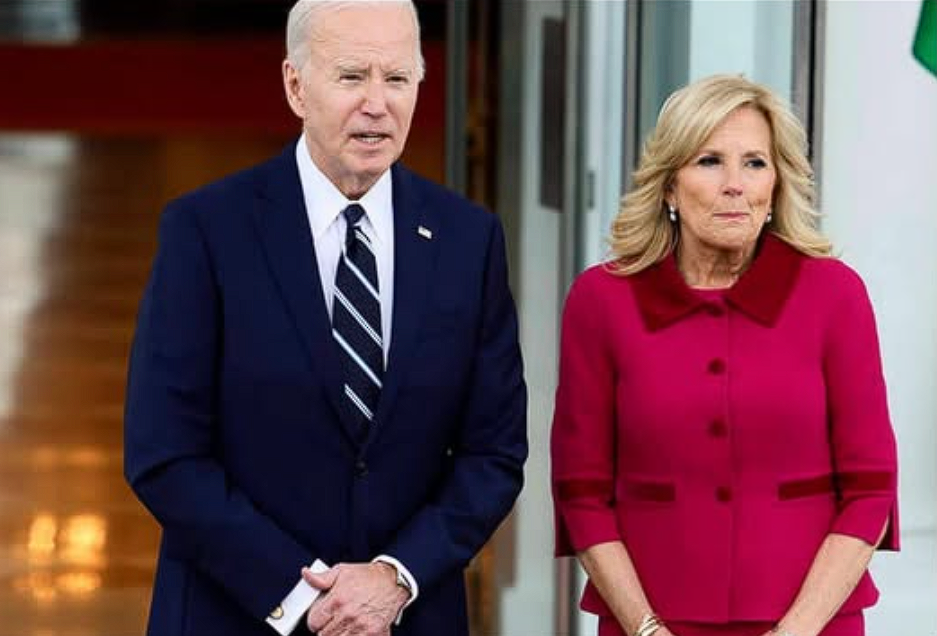Former US President Joe Biden’s legacy has come under scrutiny, sparking a debate about his current role in politics. Noted Democratic strategist James Carville recently expressed concerns that Biden’s public image has suffered significantly, making it challenging for him to maintain a strong political standing.
Carville suggested that Biden might benefit from stepping back from the public eye, allowing him to avoid ongoing scrutiny and controversy. This perspective highlights the notion that Biden’s actions have led to a decline in public interest in his views and leadership.
According to Carville, Biden has become disconnected from both the general public and key figures within his own party. This disconnect has resulted in a lack of enthusiasm for his opinions and leadership. Carville attributes this disconnect to Biden’s own decisions, rather than external factors or flawed party strategies.

Carville also criticized Biden’s claims about his potential electoral success if he had remained in the political arena. He deemed these assertions unrealistic, given the current political climate and public sentiment.
Furthermore, Carville pointed out that Biden’s personal conflicts, including public disagreements with notable figures and contentious interactions with commentators, have eroded his credibility. Carville believes that Biden’s once-respected career, spanning decades of service, has been tarnished by his recent actions, which no longer resonate with the American public.
The discussion surrounding Biden’s legacy reflects a broader narrative about the Democratic Party’s shifting identity. In recent years, tensions have risen within the party regarding its trajectory, particularly its adoption of progressive policies and ideologies.
Carville’s comments echo a sentiment that the Democratic Party needs to reinvent itself to remain relevant and connected to the evolving voter demographic. As the party looks to introduce new leadership and innovative ideas, many feel that clinging to past figures might hinder its ability to effectively engage with the changing political landscape.
Despite criticisms, some supporters argue that Biden’s past achievements should not be overshadowed by recent controversies. They believe his extensive history of public service and leadership still holds significant merit in defining his legacy.
However, Carville’s observations raise a crucial question: Is it time for Biden to step aside and allow new voices to take the lead? This question becomes increasingly pertinent as the party seeks to align itself with a rapidly changing political and social environment.
The debate surrounding Biden’s role reflects broader concerns about the state of political leadership in America. As society evolves, political parties must consider how best to represent the diverse and dynamic electorate of today.
The Democratic Party now faces a critical juncture. The choices made in the coming years will determine not only its immediate political success but also its long-term influence and legacy.
Ultimately, the discussion about Biden’s legacy invites a broader discourse about leadership, accountability, and vision within American politics. This conversation affects not only those within the Democratic Party but all American citizens interested in the future of their country.


